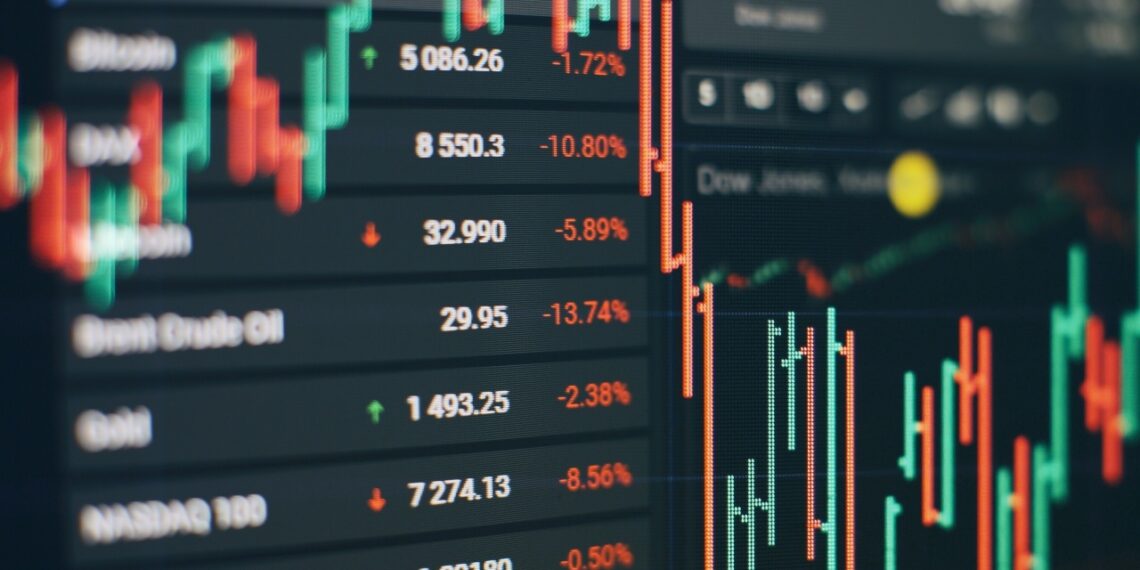No products in the basket.
Thailand’s SET Index closed at 1,299.35 points, down 0.12%. The market traded sideways with low volume due to selloffs, and foreign investors divested. Asian factory activity expanded in June despite concerns.
- Asian stocks are poised for a fifth consecutive month of gains, driven by expectations of US interest rate cuts and the yen’s decline.
- Thailand’s stock market saw foreign investors selling off shares, while retail investors and institutional investors were net buyers.
- Economic indicators from the US, China, and Japan, as well as developments in the tech, energy, and finance sectors, are influencing market movements in Asia.
The Stock Exchange of Thailand (SET) index dropped below the psychological support level of 1,300 points due to domestic political uncertainties. To address the high short selling and market volatility, regulators imposed the uptick rule, making it harder for investors to profit from short selling. The upcoming Constitutional Court deliberations on political cases and concerns about the US election debate are also impacting investor sentiment. Additionally, investors are keeping an eye on the banking sector’s second-quarter financial statements, with expectations of declining net profit and sluggish loan growth.
Thailand’s Stock Market Trends
Thailand’s SET Index closed at 1,299.35 points, a slight decrease of 1.61 points or 0.12%, with a trading value of 29.73 billion baht. Analysts noted a sideways market with low volume, pressured by stock selloffs such as AOT, DELTA, BDMS, and BH. Foreign investors continued divesting amidst no supportive factors. Technical indicators remained downtrend, awaiting signals for a rebound. Analysts predict similar sideways trading for the next day, with investors focusing on the cabinet’s meeting and inflation announcements.
The Stock Exchange of Thailand (SET) index fell below the psychological support level of 1,300 points due to domestic political uncertainties, leading to increased market volatility and high short selling.
Market regulators imposed the uptick rule to curb market volatility and restore investor confidence in short selling, requiring securities to be short-sold at prices higher than their last traded price.
Investors are closely monitoring the Thai political situation, upcoming court deliberations, and the potential impact of the US presidential election on geopolitics and trade protectionism.
Asian Economic Activities
Asian factory activity grew in June, buoyed by the strong global economy despite weak Chinese demand concerns. China’s Caixin/S&P Global PMI rose to 51.8, its highest in over three years. South Korea saw accelerated factory activity due to a surge in new orders, while Japan’s growth slowed, impacted by rising costs from a weakened yen. The IMF projects Asia’s economic growth to decelerate from 5% in 2023 to 4.5% in 2024 and 4.3% in 2025. Concerns over financial services in Myanmar were addressed by Thai officials, ensuring compliance with international standards.
Discover more from Thailand Business News
Subscribe to get the latest posts sent to your email.













